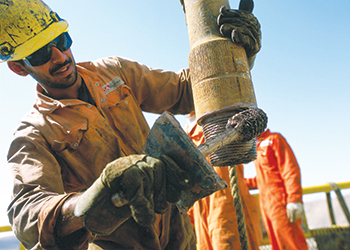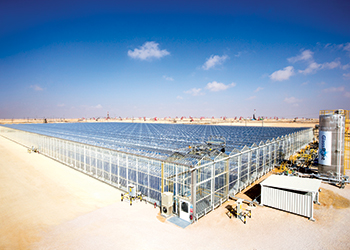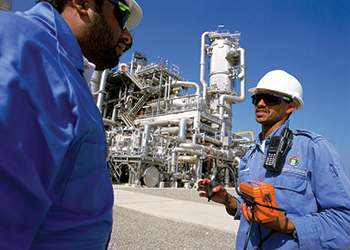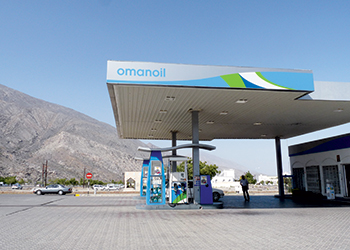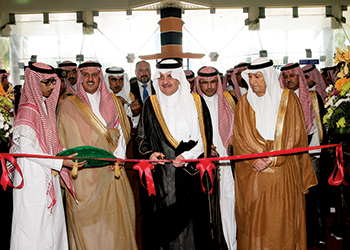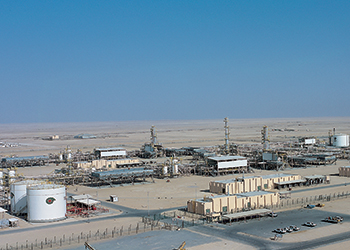
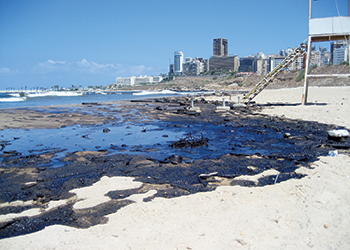 Oman is taking steps to combat the oil spill in the Rusais area
Oman is taking steps to combat the oil spill in the Rusais area
The work will now be upgraded to include the installation of pumping and processing equipment and the drilling of a number of recovery wells, which will be used for decontamination in the area affected
Petroleum Development Oman (PDO) has begun a new phase of the clean-up and restoration of a farming area contaminated by an oil spill in the village of Rusais near Izki.
The enhanced programme has been launched after thorough studies and an assessment of the impact of a leak, which occurred in the early 1980s.
The leak occurred as a result of a failed check valve on a section of the main oil line pipeline, stated a press release. Key steps will build on earlier measures which covered surface and sub-surface work and included testing, sampling, analysis and monitoring, with 15 purposely drilled and dedicated observation wells.
The work will now be upgraded to include the installation of pumping and processing equipment and the drilling of a number of recovery wells, which will be used for decontamination.
The proposed remediation work has been extensively evaluated by PDO in close consultation with the Ministry of Environment and Climate Affairs (MECA). The company had paid agreed compensation to affected farmers as a final settlement and has taken a number of steps over the years, including periodic cleaning of irrigation channels, water sampling, geochemical analysis and providing fresh water to affected farms.
Abdul Amir Abdul Hussein al Ajmi, external affairs and value creation director, PDO says, "This issue is a major priority for PDO and we want to re-affirm our commitment to achieve a lasting and effective solution to the problem in Rusais.
"The affected farmers were compensated in 1986-87 and an agreement was signed which absolved PDO of any further liability. However, we have made attempts over the years with the local community and MECA to find a lasting and fair solution to this problem by proposing a wide range of environmental remediation measures."
He adds that a high-level ministerial committee was constituted in 2015 and there have been high-level discussions to resolve this matter amicably.
"The committee, led by MECA, reviews plans and progress on a regular basis, with the objective of restoring the land to its original condition, and complying with all rules and regulations set by the ministry.
"Over the years, we have faced a number of obstacles in our attempts to resolve the situation. However, the length of time it has taken to resolve such a complex issue, which involves multiple technical challenges and diverse stakeholders, is regrettable. We remain committed to working with the local community and the relevant authorities to reach a lasting and satisfactory solution."
Recently, a PDO team dug several 3.5m trenches on a public right of way in an attempt to trace the path of the leak and assess its potential spread underground.
Once this work is completed in a couple of months, PDO will have a clearer idea about the extent and size of the contaminated near-surface layer to further enhance plans for the necessary remediation.



































































